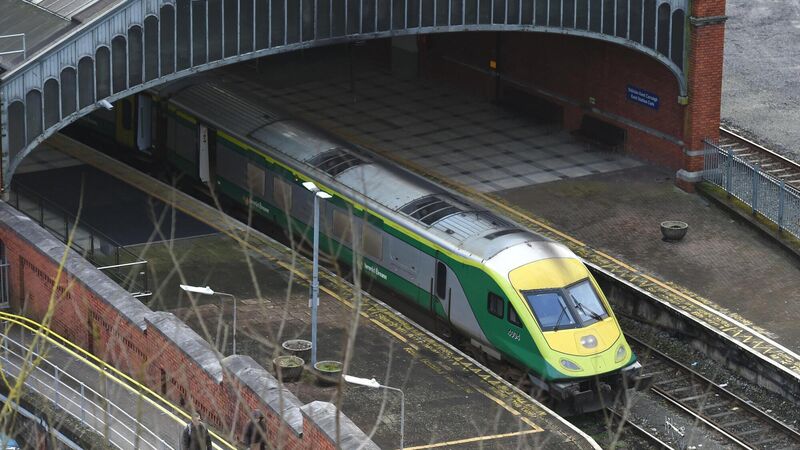Cork line found to have highest fare-evasion rate on Irish trains

A train at a platform of Kent Station, Cork. Some 12.6% for those on the Cork-Midleton route were found not to have a valid ticket, while the fare-evasion rate on trains between Cork and Cobh was 7.2%. File Picture: Larry Cummins
Six out of every 100 passengers on Iarnród Éireann rail services last year were travelling without a valid ticket, according to the results of surveys commissioned by the National Transport Authority.
The figures show the fare evasion rate across intercity, DART, and commuter services at 6%, with the average loss of revenue at just over €5.70 per passenger.













